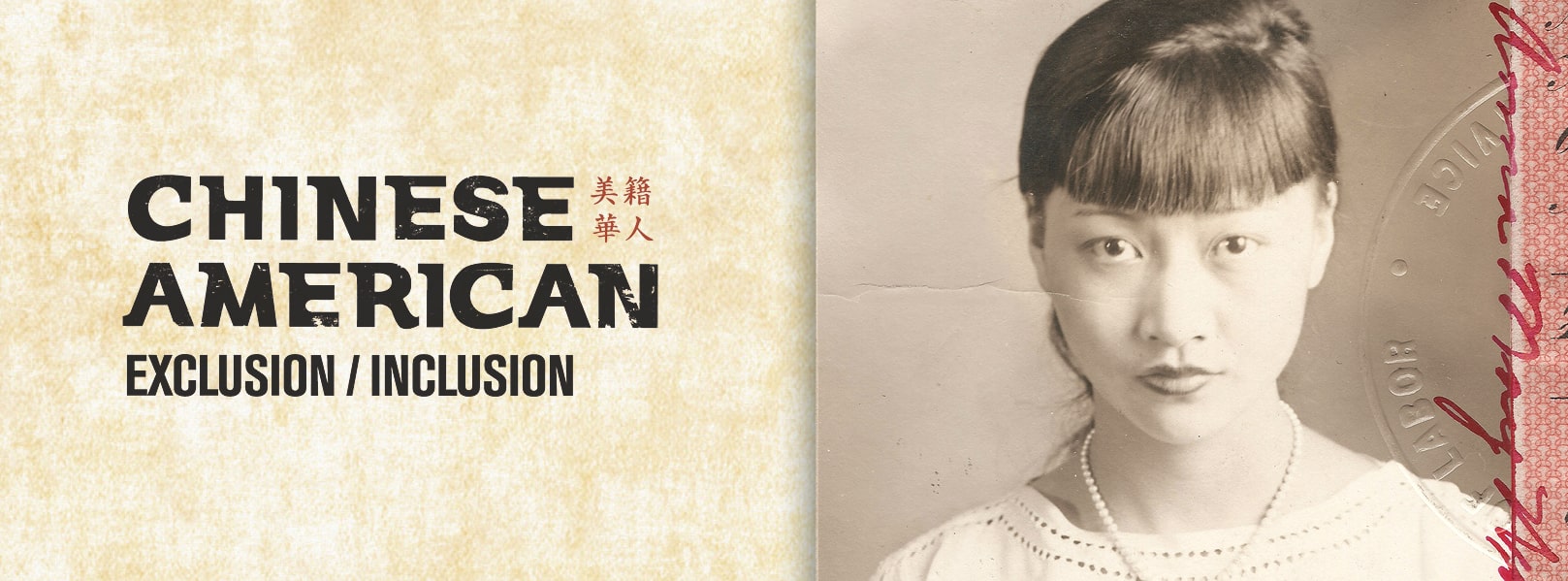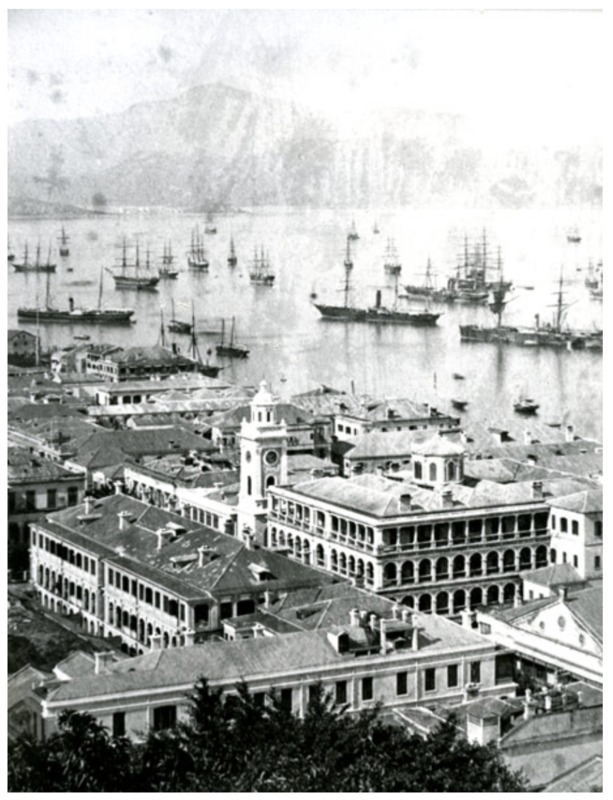After the Opium War
By the mid-1840s, the tightly controlled authority China had administered over its trade began to diminish. After the end of the First Opium War in 1842 and subsequent Treaty of Nanking, additional ports were open including the newly formed British colony of hong Kong. By 1843, the Canton trade system was fading out, and a new era of trade emerged in the recently opened treaty ports.
The period also signaled the end of the hong monopolies. The Chinese comprador, who served as a trading house employee and manager and sometimes as an independent merchant, became the essential go-between for American traders. Although neither party possessed complete control, the relationship proved mutually advantageous. “Acting as a middleman between two worlds, [the comprador] played a strategically important role in modern China’s economic growth, social change, and general acculturation,” historian Yen- P’ing Hao writes. Over time compradors also became investors in the foreign firms with which they did business and later founded their own enterprises.

